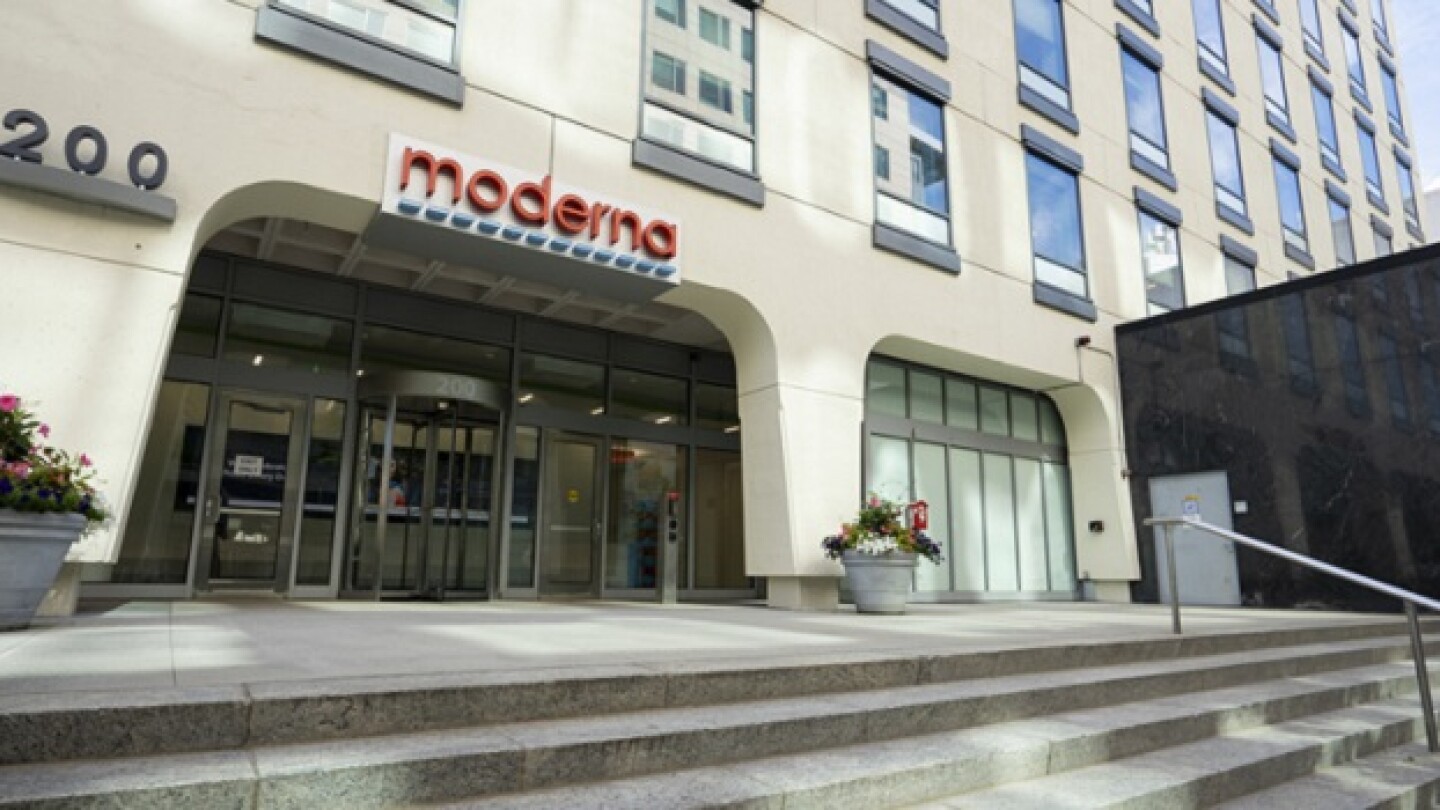News
The FDA will allow a new dosing schedule for Eli Lilly’s Alzheimer’s drug Kisunla that could lessen a known side effect of the monoclonal antibody drug class that has led to several deaths.
FEATURED STORIES
As sales of its COVID vaccine plummet, Novavax is looking ahead toward other novel vaccines, brought to market with the help of the company’s pharma partners—something it opted not to do as the pandemic swept the globe in 2020.
The FDA’s Oncologic Drugs Advisory Committee recently voted to narrow the label for checkpoint inhibitors Keytruda and Opdivo in stomach and esophageal cancers based on PD-L1 expression levels—but the high unmet need in these patient populations should also be considered.
Marty Makary, likely FDA commissioner under President Trump, appeared before Congress this week as the agency he’s set to lead continues to be rocked by sweeping changes and about-faces.
Job Trends
Merck, known as MSD outside of the United States and Canada, , at the EUROGIN 2024 HPV Congress, announced plans to initiate clinical development of a new investigational multi-valent HPV vaccine designed to provide broader protection against multiple HPV types.
FROM OUR EDITORS
Read our takes on the biggest stories happening in the industry.
The FDA has vowed to fix a pharma ad loophole—but they’re targeting the wrong one.
THE LATEST
Analysts said the data suggest “a strong treatment effect.” Jazz has filed for FDA approval for the combination, which could offer an alternative to monotherapy treatments from Roche and AstraZeneca.
In comments posted in response to the Trump administration’s pharma tariff investigation, companies and industry groups offered solutions to ease the impacts if the plan must go ahead.
Regeneron’s shares have declined nearly 17% following the failure of the company’s Dupixent follow-up itepekimab.
Blueprint has a next-generation systemic mastocytosis treatment, called elenestinib, that Sanofi CEO Paul Hudson told analysts provides an “opportunity to grow through the ‘30s.”
Bristol Myers Squibb is dropping at least $3.5 billion to jointly develop the bispecific antibody, which will race with Summit Therapeutics, Merck and Pfizer in the crowded PD-1/PD-L1xVEGF space.
AstraZeneca has put hundreds of millions of dollars into AI deals, with an eye toward not just accelerating the development of drugs that treat cancer after it appears but also in creating diagnostics that can catch cancer earlier than current methods allow.
Updated Phase I/Ib data in hand, Arcus will launch a Phase III trial as it aims to compete with Merck, whose drug secured approval for a type of kidney cancer in 2023.
Following Merus’ splash last month with a “best-in-disease profile” for its head and neck cancer bispecific, Bicara touted positive results for its monocolonal antibody, but analysts say Merus still has the upper hand.
Jefferies analysts said the approval was largely expected and an “incremental positive” for Moderna amid questions about the FDA’s attitude toward mRNA and COVID-19 vaccines that have investors worried.
The overturning of the FDA’s lab-developed tests rule is just the tip of the iceberg. With the loss of Chevron deference, power has shifted from federal agencies to the courts, with potential implications for everything from the FDA shortage list to CMS drug price negotiations.

















